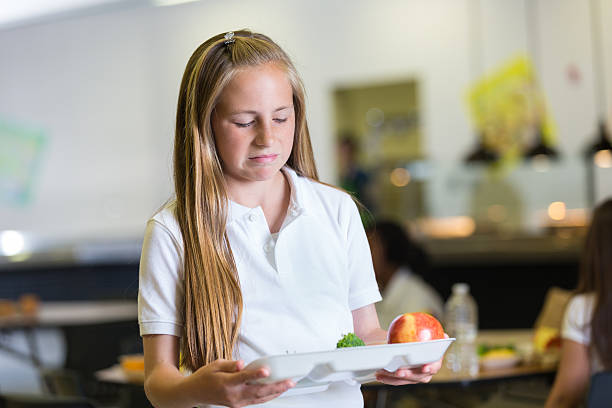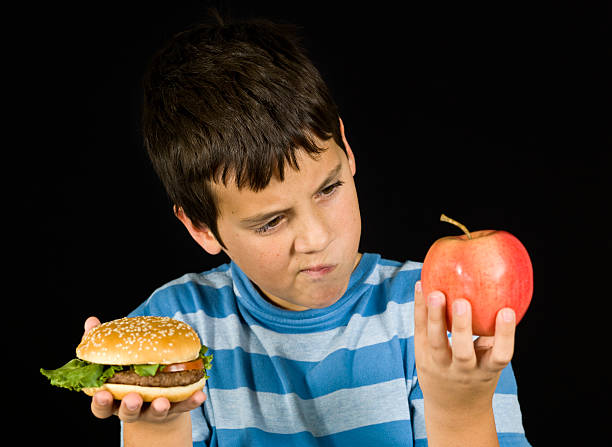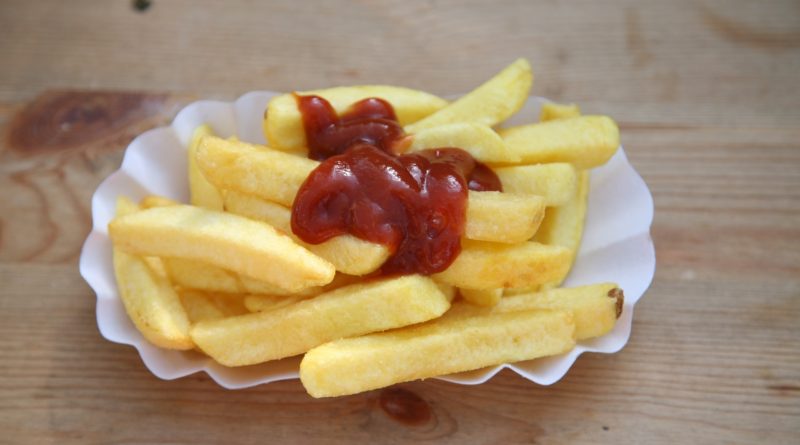Is Ketchup a Vegetable?
Why US School Lunches are Notoriously Bad
It might seem like a ridiculous question with an obvious answer. No, ketchup is definitely not a vegetable, right? Actually, since 1981, some people have seriously been trying to classify it as one!
Of course, even that sounds ridiculous. How does something become a vegetable? While there’s certainly room for a little bit of gray area between something that is technically a fruit, like peas or peppers, being used culinarily as a vegetable, surely something as sugar-packed, processed, and of low nutritional value as ketchup can’t just one day become a vegetable. Why would anyone propose to classify it as such? The answer? Cheap school lunches.

In the 1980’s, during the Reagan administration, the USDA proposed these changes as part of a way to cut costs for school lunches. Congress had already slashed the school lunch budget before, and many schools were outsourcing and privatizing school lunches in order to save on costs. Of course, these proposals didn’t get very far. Thanks to public outcry (and laughter) the proposal to classify condiments like Ketchup and Pickle relish as a vegetable was never officially accepted. But that hasn’t stopped multiple attempts over the years to classify these condiments as vegetables and other similar de facto cost-saving strategies, including classifying the sauce on pizza as a vegetable!
For that matter, the tomato is also one of those culinary vegetables that is technically a fruit. While no one is advocating for ketchup or pizza sauce to be classified as a fruit smoothie, that distinction offers yet another reason why these proposals are so laughable. When we consider the attitudes that make proposals like these even possible, as well as the ones that dismiss proposals to improve school lunches (for example, by limiting the number of starchy vegetables students are served each week) it’s really not that surprising at all that school lunches in the USA are neither good nor healthy.

School Lunches Suffer
Considering the necessity of proper nutrition for growing children, the fact that they are forming nutritional habits, as well as the correlation between the health of children and their abilities to learn and focus in class, you would think school lunches would be a top priority for schools. Instead, they are seen as a budgetary hurdle, an area on the ledger with perpetual room for cuts. So it’s not surprising that school lunches suffer under this attitude and likewise no surprise that the students are suffering as well. And this attitude extends to how school lunches are carried out in the US. Whereas in France, students are afforded enough time to eat, digest, and recharge, students in some schools in the US are given only 20 minutes to get their food and eat.

So when we see stories about pizza sauce and ketchup being labeled as a vegetable, even though we can’t help but laugh, we also need to realize that these attitudes are negatively influencing the health, education, and nutritional-literacy of entire generations.

